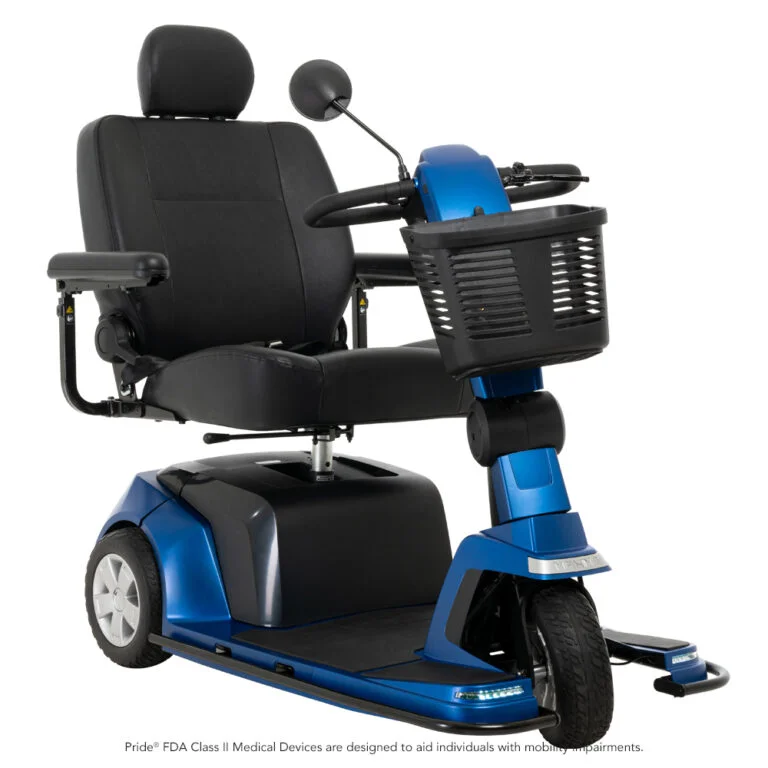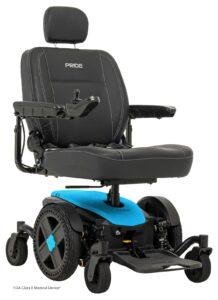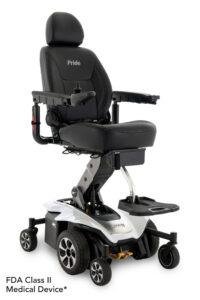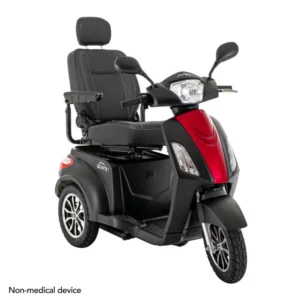Heavy-duty electric scooters are robust models designed for durability and enhanced performance. They typically feature stronger motors, larger battery capacities for extended range, and sturdier frames capable of carrying heavier loads. These scooters are ideal for commuting long distances or handling rough terrain, offering reliability and stability.
Rules for electric scooters vary by location but generally include age restrictions (often 16 or 18 years), helmet requirements, and speed limits (typically 15-20 mph). Riders must often yield to pedestrians, use bike lanes or designated paths, and avoid sidewalks where prohibited.
Parking regulations, such as not obstructing walkways or access points, are also common. Some areas mandate lights for nighttime riding and prohibit riding under the influence of alcohol or drugs. Regulations aim to balance safety with the growing popularity of electric scooters, ensuring they integrate smoothly into urban environments while minimizing risks to riders and pedestrians alike.
Why are electric scooters heavy?
Electric scooters can be heavy due to several factors. These include larger battery capacities needed for longer ranges, stronger motors for higher speeds or uphill climbs, and sturdier construction to support heavier riders or navigate rough terrain. The weight enhances stability and durability but can affect portability.
What is the load capacity of electric scooter?
The load capacity of electric scooters varies widely but typically ranges from 220 to 330 pounds (100 to 150 kilograms). Some heavy-duty models can support even higher weights, ensuring they accommodate various riders and gear without compromising safety or performance.
How much power does an electric scooter need?
The power requirements of mobility scooters depend on factors like weight, speed, and terrain. Generally, they range from 250 to 1000 watts, with commuter models usually around 250-500 watts for speeds up to 15-20 mph on flat surfaces. Heavy-duty scooters with higher power, up to 1000 watts or more, are designed for faster speeds, hill climbing, and carrying heavier loads. Battery capacity also influences power needs, affecting range and performance. Balancing power with efficiency ensures electric scooters meet diverse user needs, from urban commuting to off-road adventures, while maintaining optimal battery life and operational capabilities.
How much does a pride maxima scooter weigh?
The Pride Maxima scooter typically weighs around 212 pounds (96 kilograms). This weight includes the scooter’s base, battery pack, and other essential components. Its sturdy build supports a maximum weight capacity of up to 500 pounds, making it suitable for heavier individuals seeking mobility assistance.
Benefits of Heavy-duty electric scooters:
In recent years, electric scooters have revolutionized personal transportation, offering a convenient and eco-friendly alternative to traditional vehicles. Among them, heavy-duty electric scooters stand out as formidable options designed to meet the needs of riders seeking durability, power, and versatility in their daily commutes or outdoor adventures.
Built to Last
One of the defining characteristics of heavy-duty electric scooters is their robust construction. These scooters are engineered with sturdy frames and components, capable of withstanding the rigors of rough terrains and varied weather conditions. Whether navigating city streets, gravel paths, or uneven surfaces, their durable design ensures a smooth and stable ride.
Powerful Performance
At the heart of heavy-duty electric scooters lies their powerful motor and battery systems. Unlike standard models, these scooters boast higher wattage motors, typically ranging from 500 watts to over 1000 watts. This extra power translates to higher speeds and improved acceleration, making them suitable for uphill climbs and challenging landscapes.
Extended Range
Another significant advantage of heavy-duty electric scooters is their extended range. Equipped with larger battery capacities, these scooters can travel longer distances on a single charge compared to their lighter counterparts. Commuters can confidently navigate through urban environments or explore scenic routes without the worry of running out of battery power.
Comfort and Stability
Comfort is key when it comes to electric scooters, especially for daily use or longer rides. Heavy-duty models often feature larger wheels with enhanced suspension systems, minimizing vibrations and ensuring a smoother ride over bumps and imperfections. Additionally, ergonomic designs and spacious decks provide ample room for riders to comfortably position themselves during their journey.
Versatile Applications
The versatility of heavy-duty electric scooters extends beyond mere commuting. They are ideal for a wide range of applications, including recreational use, outdoor activities, and even industrial settings where reliable transportation is essential. Their ability to support heavier weights—often up to 300 pounds or more—makes them accessible to a broader spectrum of users.
Considerations for Buyers
Before investing in a heavy-duty electric scooter, it’s essential to consider several factors. Assess your commuting needs, including terrain types and distance requirements. Check local regulations regarding electric scooter use and safety guidelines. Evaluate features such as braking systems, lights for nighttime visibility, and additional accessories that enhance convenience and safety.






